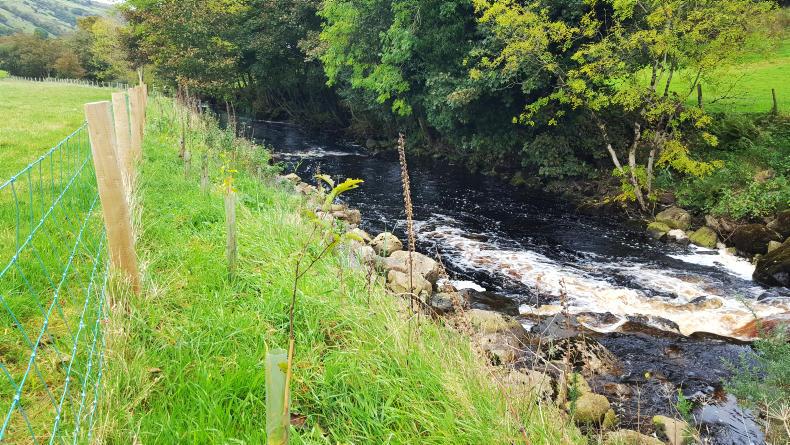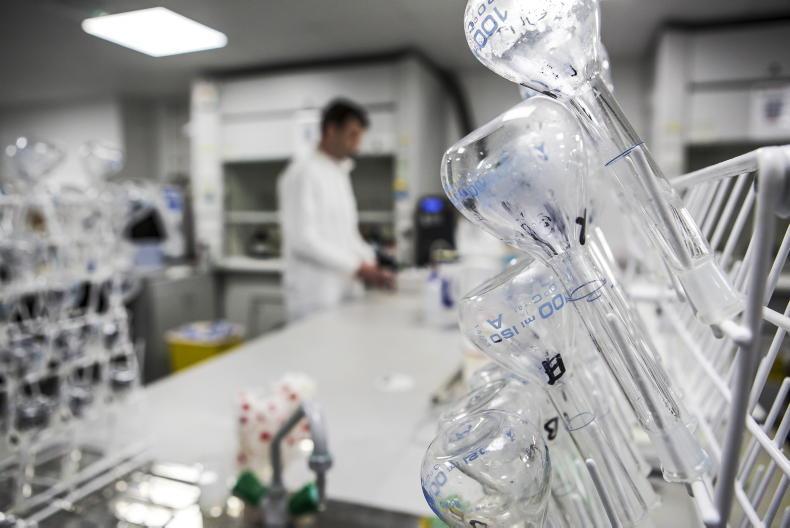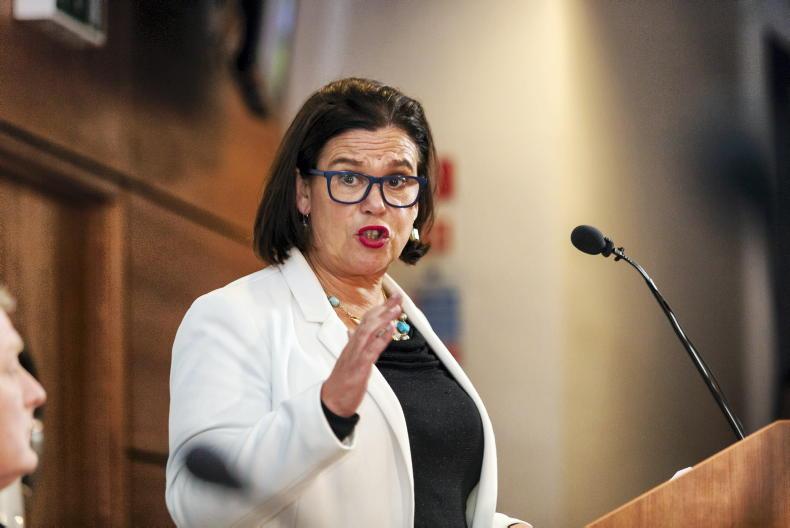Details of the much-anticipated Agriculture Bill were published by Defra Secretary Michael Gove on Wednesday.
It states that direct payments to farmers in England will be reduced over a seven-year period, with 2027 being the final year of the transition period.
The bill is designed to set the framework for Defra’s future “Environmental Land Management Policy”, with this focused on the idea of public money for public goods.
Defra has said that post-Brexit policy will be designed to improve the environment, raise animal welfare standards, increase farm productivity, invest in research and collect data from across the supply chain for market transparency.
Environment
“Under the new system, farmers and land managers who provide the greatest environmental benefits will secure the largest rewards,” Defra said.
Measures to reduce ammonia emissions, mitigate against climate change, provide habitats for wildlife and improve public access to the countryside are listed as public goods that the government will support in its new policy.
The National Farmers' Union (NFU) has said the announcement "falls short" of their aspirations for farming post-Brexit.
"A future agricultural policy that ignores food production will be damaging for farmers and the public alike. The public demand and deserve safe, high-quality, traceable and affordable food," said NFU president Minette Batters.
Details of exact schemes are light, although Defra has said that schemes will be piloted and open to change during the seven-year transition period.
Timeline
The first reductions to direct payments will take place in 2021 and all farmers will receive cuts, although the percentage reduction depends on the payment size.
For example, in 2021 a 5% reduction will be applied to direct payments up to £30,000 and a 10% cut will be made to payments from £30,000 to £50,000.
Devolved matter
Agriculture is a devolved matter in the UK, meaning devolved administrations have responsibility for polices within their region.
The Agriculture Bill sets out primary legislation for England, however Defra has said that the bill will extend to NI until legislation can be taken forward at Stormont.
With no executive sitting at Stormont since January 2017, development of an NI-specific post-Brexit agricultural policy is on hold.
However, a consultation is ongoing in NI on suggestions put forward by DAERA officials. This includes a proposal to retain area-based payments in NI at a lower level than present for farmer resilience against swings in prices or weather.
Read more
The farmer's daily wrap: farm tyre collection and milk prices
Suckler sector at a crossroads in NI
Details of the much-anticipated Agriculture Bill were published by Defra Secretary Michael Gove on Wednesday.
It states that direct payments to farmers in England will be reduced over a seven-year period, with 2027 being the final year of the transition period.
The bill is designed to set the framework for Defra’s future “Environmental Land Management Policy”, with this focused on the idea of public money for public goods.
Defra has said that post-Brexit policy will be designed to improve the environment, raise animal welfare standards, increase farm productivity, invest in research and collect data from across the supply chain for market transparency.
Environment
“Under the new system, farmers and land managers who provide the greatest environmental benefits will secure the largest rewards,” Defra said.
Measures to reduce ammonia emissions, mitigate against climate change, provide habitats for wildlife and improve public access to the countryside are listed as public goods that the government will support in its new policy.
The National Farmers' Union (NFU) has said the announcement "falls short" of their aspirations for farming post-Brexit.
"A future agricultural policy that ignores food production will be damaging for farmers and the public alike. The public demand and deserve safe, high-quality, traceable and affordable food," said NFU president Minette Batters.
Details of exact schemes are light, although Defra has said that schemes will be piloted and open to change during the seven-year transition period.
Timeline
The first reductions to direct payments will take place in 2021 and all farmers will receive cuts, although the percentage reduction depends on the payment size.
For example, in 2021 a 5% reduction will be applied to direct payments up to £30,000 and a 10% cut will be made to payments from £30,000 to £50,000.
Devolved matter
Agriculture is a devolved matter in the UK, meaning devolved administrations have responsibility for polices within their region.
The Agriculture Bill sets out primary legislation for England, however Defra has said that the bill will extend to NI until legislation can be taken forward at Stormont.
With no executive sitting at Stormont since January 2017, development of an NI-specific post-Brexit agricultural policy is on hold.
However, a consultation is ongoing in NI on suggestions put forward by DAERA officials. This includes a proposal to retain area-based payments in NI at a lower level than present for farmer resilience against swings in prices or weather.
Read more
The farmer's daily wrap: farm tyre collection and milk prices
Suckler sector at a crossroads in NI









SHARING OPTIONS